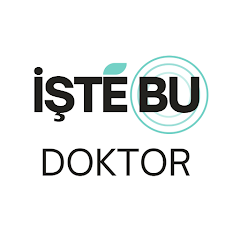Anesthetic management ın electrophysiology laboratory: a multidisciplinary review
Abstract
Many clinical challenges have been encountered in electrophysiology laboratories (EP) while implanting intracardiac defibrillators for lethal arrhythmias, using pacemakers for bradyarrhythmias, placing pacemakers with multiple leads in patients with heart failure and cardiac ablation procedures. In this environment, anesthesiology plays a very critical role to ensure patients comfort, as well as maintains operator's convenience and facilitate management of undesired situations. EP laboratories are mostly used for diagnosis of certain heart diseases. Meanwhile, with the exponential increase in interventional procedures in our decade, electrophysiologists' need to cooperate with the anesthesiologists more frequently. The literature is still unclear about the effects of anesthetic agents on cardiac conduction pathways, but as we know with our previous data, the most agents we are using currently have more or less effect on the cardiac conduction systems. In this review, we aimed to describe the safe anesthesia methods in cardiac diagnostic procedures and have a closer look up the anesthetic outcomes of these procedures. This article comprehensively reviews the anesthesia practice encountered in electrophysiology laboratories.

